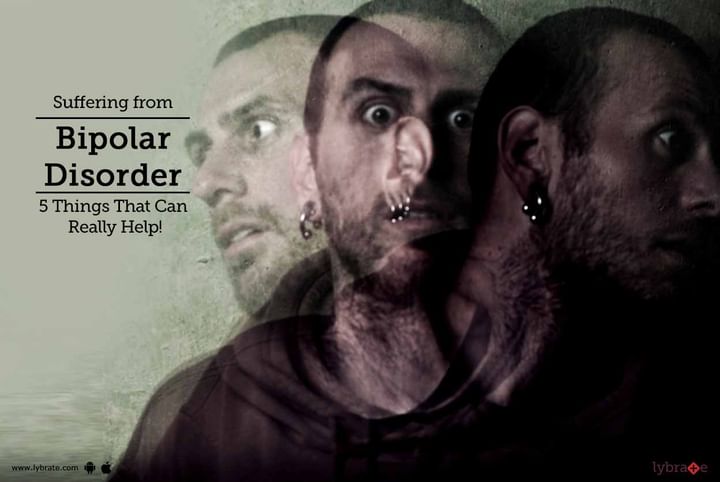Get the App
For Doctors
Login/Sign-up
Last Updated: Feb 29, 2024
BookMark
Report
Suffering from Bipolar Disorder - 5 Things That Can Really Help!
Dr. Kushal JainPsychiatrist • 22 Years Exp.MBBS Bachelor of Medicine and Bachelor of Surgery, MD - Psychiatry, Master of Public Health (MPH) Sweden
If you are living with bipolar disorder then you will need a combination of skills to successfully combat each day of your life. Educating yourself about the disorder is the first step, however, there are certain tips that can come in handy on numerous occasions.
Here are 5 tips that will really help you out:
- Educate yourself about the disorder: The first thing you need to do is educate yourself about the details of bipolar disorder. Find out about the symptoms, read about the causes and the diagnosis procedure and ultimately find out everything about the treatment. Your doctor will provide you all the information and suggest you all the required treatment procedures. However, don’t try to self-diagnose and self-treat your disorder without an expert opinion.
- Stay connected with your friends and loved ones: Isolation is not the best way to handle bipolar disorder. The more you isolate yourself the higher the risk of mood swings. This lack of connection will lead to depression and that should be avoided at all cost. So try to be as connected to the world as possible. Talk to your family members, hangout with your friends, spend time with people around you; and you will feel a lot better.
- Track the symptoms: Keep a daily log of your moods, thoughts and behaviors. This is a fantastic way to track the symptoms of the disorder. This will be revealing in the end, as when you present them before the doctor, he/she will be able to easily diagnose your condition. Try to keep track of particular incidents that may trigger any stress and change in behavior and log the mood episodes that you may have experienced pertaining to those triggers.
- Employ coping mechanisms: It is not always possible to call on your doctor or counselor, so try to develop your own coping mechanism with the help of your doctor or counselor. Your mood episodes are going to be spontaneous so the coping mechanisms should be kept in mind. It can be anything that induces calmness in you such as staying connected, happy thoughts, music and any other healthy habits that captures your interest and engages you in something else.
- Create a crisis plan: Create a contact list that will include the people, serially, who should be contacted in case of an emergency or a crisis attack. If you feel like you are experiencing any symptoms then contact them for help. When you are out of control, you will not have much time, so it is also advised to keep emergency numbers on speed dial to get yourself hospitalized without any time loss. Add your loved ones to the emergency contact list.



+1.svg)
